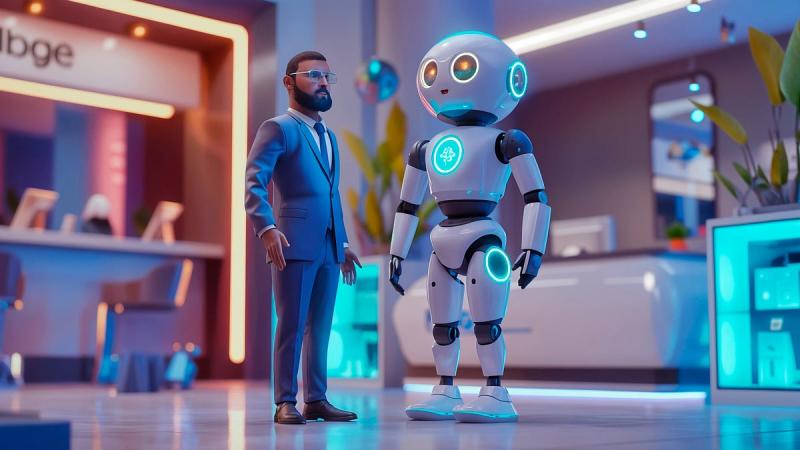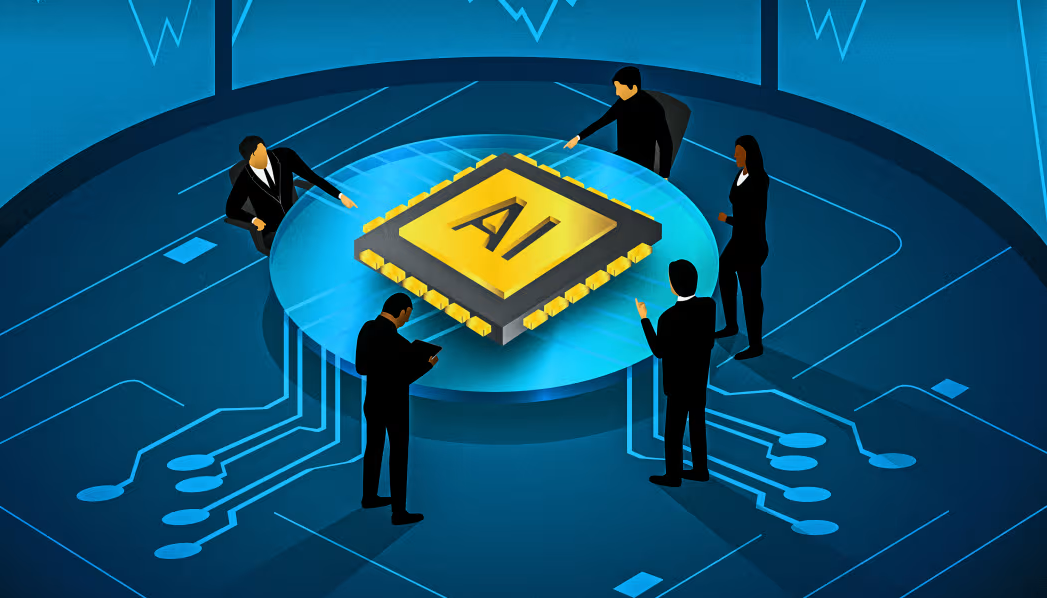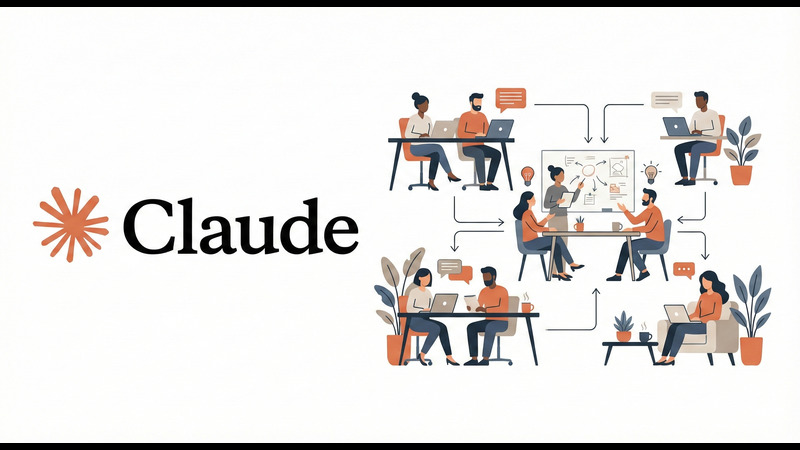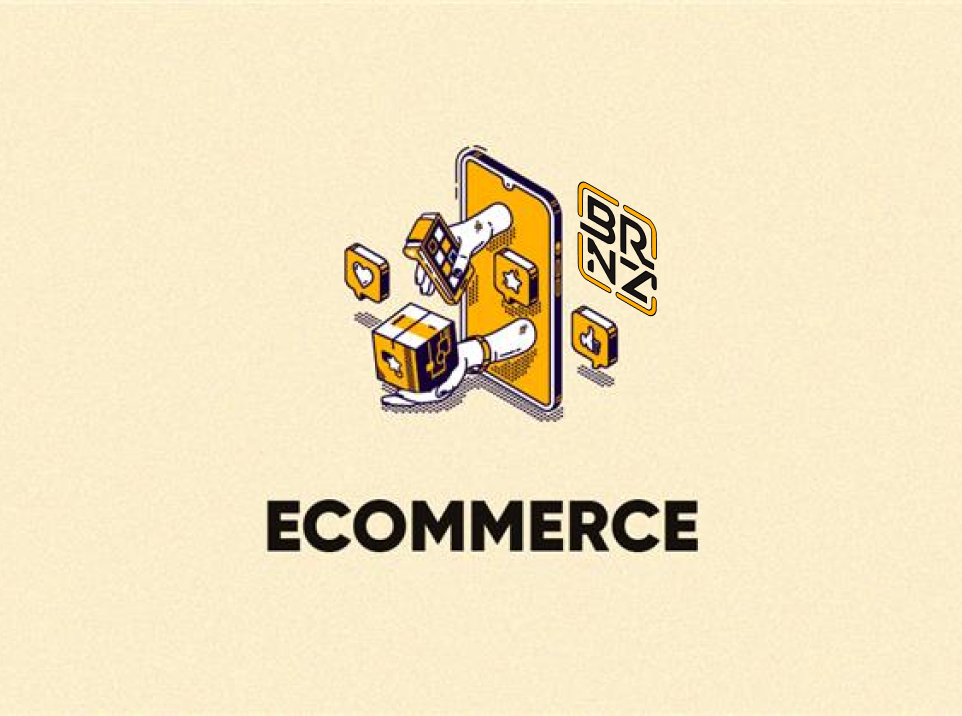Are we on the brink of a workplace revolution powered by AI agents? While skeptics worry about the risks, forward-thinking companies are racing to integrate these cutting-edge tools, unlocking transformative potential across industries. Here’s a deep dive into how five leading businesses are already reshaping their operations with autonomous AI agents.
Why AI Agents Are the Next Big Thing
Unlike traditional chatbots, AI agents are not bound by rigid decision trees. They use data, workflows, and guardrails to execute tasks autonomously, making decisions and even coordinating with other agents. This is the leap businesses have been waiting for—turning generative AI’s potential into real-world ROI. By 2028, Gartner predicts that 15% of daily business decisions will be made autonomously, but with this comes a warning: 25% of enterprise breaches could involve AI misuse.
So, how are companies balancing innovation and caution?
1. Johnson & Johnson: Redefining Drug Discovery
J&J uses AI agents in chemical synthesis for drug development. These agents optimize the solvent switch process, previously done manually by scientists, to save time and improve precision. The result? Faster drug discovery powered by AI agents, digital twins, and machine learning. Yet, the company remains vigilant, ensuring human oversight to mitigate risks of bias or hallucinations in outputs.

2. Moody’s: A Financial Research Revolution
Moody’s employs a multi-agent system for financial analysis, where 35 AI agents work collaboratively, supervised by meta-agents. These agents delve into complex topics like geopolitical risks and corporate fitness. The key insight? AI agents outperform humans when focused on single tasks, avoiding the pitfalls of multitasking. Moody’s approach highlights the potential of AI in reshaping financial research while maintaining human validation to ensure accuracy.
3. eBay: Automating Code and Commerce
eBay has built an “agent framework” to integrate AI into coding, marketing, and user interactions. These agents streamline code generation and enable autonomous decision-making, such as helping sellers list products or buyers find deals. The platform adapts to user preferences over time, hinting at a future where AI personalizes every aspect of e-commerce.

4. Deutsche Telekom: Empowering Employees with AI
Deutsche Telekom’s “askT” agent supports its 80,000 employees by answering questions about policies, benefits, and services. Beyond answering queries, askT can perform tasks, such as booking leave directly in HR systems. This integration saves time and frees employees to focus on higher-value tasks, demonstrating how AI agents can enhance internal operations.

5. Cosentino: Building a Digital Workforce
Cosentino’s “digital workforce” of AI agents has replaced three to four human roles in customer order processing. These agents are treated like employees—they receive initial training and follow strict protocols. By filling staffing gaps, Cosentino shows how AI can support customer service while redirecting human employees to strategic areas.
The AI Agent Dilemma: Progress or Peril?
AI agents are transforming industries, but they’re not without risks. From potential cybersecurity breaches to errors caused by limited contextual understanding, the road ahead is challenging. Yet, the promise is undeniable. Companies that embrace this technology now—while maintaining robust oversight—will have a significant edge in the coming years.
Final Thoughts
The age of AI agents is here. They’re not just tools; they’re becoming digital coworkers capable of revolutionizing processes across industries. But this transformation is a double-edged sword. Companies must act boldly yet responsibly, leaning into innovation while safeguarding their systems.
Are you ready for the AI agent revolution, or will you be left behind? The future of work is being rewritten—one AI agent at a time.



